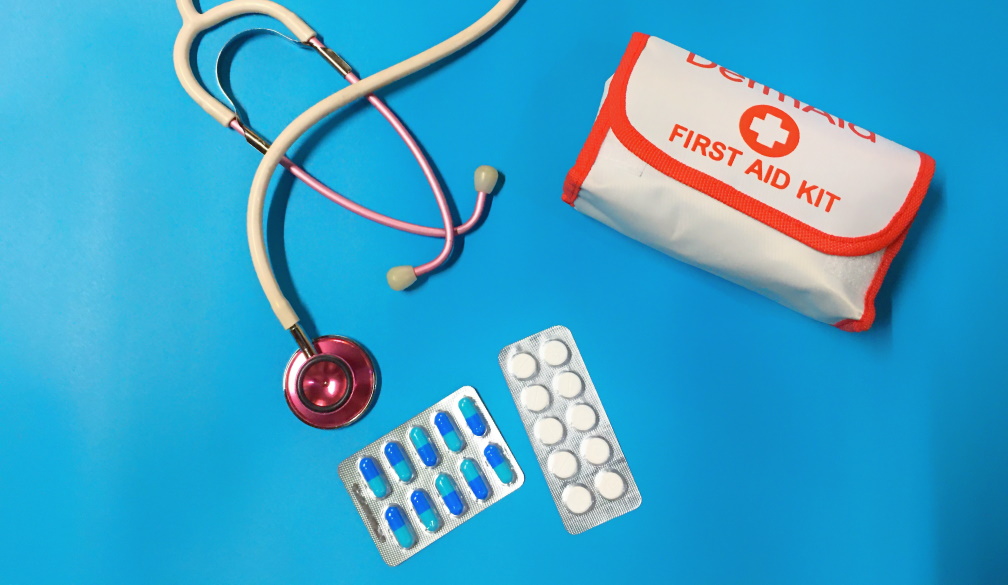What Caffeine may do to your health
- Written by Men's Weekly

Caffeine is a widely consumed stimulant found in coffee, tea, and various other products. Its effects on health are a topic of ongoing discussion and research. This article aims to explore the various ways caffeine can impact your health, drawing from available information.
Caffeine's primary mechanism involves stimulating the central nervous system. This stimulation can lead to increased alertness, reduced fatigue, and improved focus. Many people rely on their morning coffee for an energy boost to kickstart their day. The effects of caffeine can be felt relatively quickly after consumption and can last for several hours.
One of the notable benefits of caffeine is its potential to enhance physical performance. Studies suggest that caffeine can increase muscle endurance by 27%, making exercise more efficient. This is because caffeine stimulates the production of adrenaline, which increases heart rate and blood pressure, potentially leading to better circulation. This effect makes it popular among athletes seeking to improve their performance.
Caffeine also has cognitive effects. It can provide an energy boost and increased focus during the day, especially when consumed responsibly before noon. Caffeine has been linked to better mental clarity and improved memory performance, particularly in elderly adults. These benefits are usually observed after drinking about three cups of coffee per day. The natural antioxidants found in coffee may also protect cells against free radical damage.
Furthermore, research indicates that caffeine may offer protection against certain neurological conditions. For instance, coffee consumption has been associated with a reduced risk of Parkinson's disease. Some studies suggest a 40-50% reduction in the risk of Parkinson's disease among coffee drinkers. This is attributed to caffeine's stimulatory effects on the nervous system. Additionally, regular coffee drinkers may reduce their risk of developing gout by about 40%. Gout occurs when the kidneys cannot effectively remove uric acid from the body, and coffee may help increase metabolism, potentially aiding in this process.
However, it's important to consider the potential downsides of caffeine consumption. Too much caffeine can lead to anxiety, restlessness, and even caffeine addiction. People's tolerance for caffeine varies widely depending on factors like age and frequency of consumption. Some individuals may experience unpleasant symptoms such as headaches, stomachaches, irritability, or sleeplessness when drinking coffee.
Caffeine increases heart rate and blood pressure, which can be beneficial for those engaging in regular strenuous exercise but harmful to individuals with conditions like high blood pressure, diabetes, or anxiety disorders. It's essential to monitor caffeine intake, especially for those with pre-existing health conditions. Pregnant women should also be cautious, as high caffeine intake has been associated with an increased risk of miscarriage. This is due to the stimulatory effects on the central nervous system at doses over 300mg per day.
Moderate coffee consumption has shown potential protective effects against several conditions, including colon cancer, diabetes mellitus type II, gallstones, and certain types of heart attacks. Some studies also suggest an association between higher rates of depression among those who don't drink coffee. However, it is vital to note that research findings can sometimes be conflicting, and more studies may be needed to definitively establish these links.
Coffee also provides dietary benefits. It contains a good amount of fiber, essential for preventing constipation and colon cancer. Additionally, coffee contains important minerals like potassium, magnesium, calcium, and iron, which are vital for overall health and combat inflammation. These nutrients contribute to the overall well-being of individuals who consume coffee regularly.
One interesting finding is that coffee drinkers have been shown to live longer than those who don't, with up to a 12% increase in life expectancy for regular consumers. This might be because caffeine stimulates the production of adrenaline, which increases heart rate and blood pressure, possibly leading to better circulation. Additionally, drinking one cup of coffee per day may protect against developing dementia later in life due to its antioxidant properties.
In conclusion, caffeine has both beneficial and harmful effects on health, depending on individual tolerance and consumption levels. Moderate consumption can offer several health benefits, including increased alertness, improved physical performance, cognitive enhancement, and protection against certain diseases. However, excessive caffeine intake can lead to adverse effects such as anxiety, restlessness, and sleep disturbances. It is crucial to be mindful of your caffeine intake and consult with a healthcare professional to determine what's best for your individual needs and health status.





